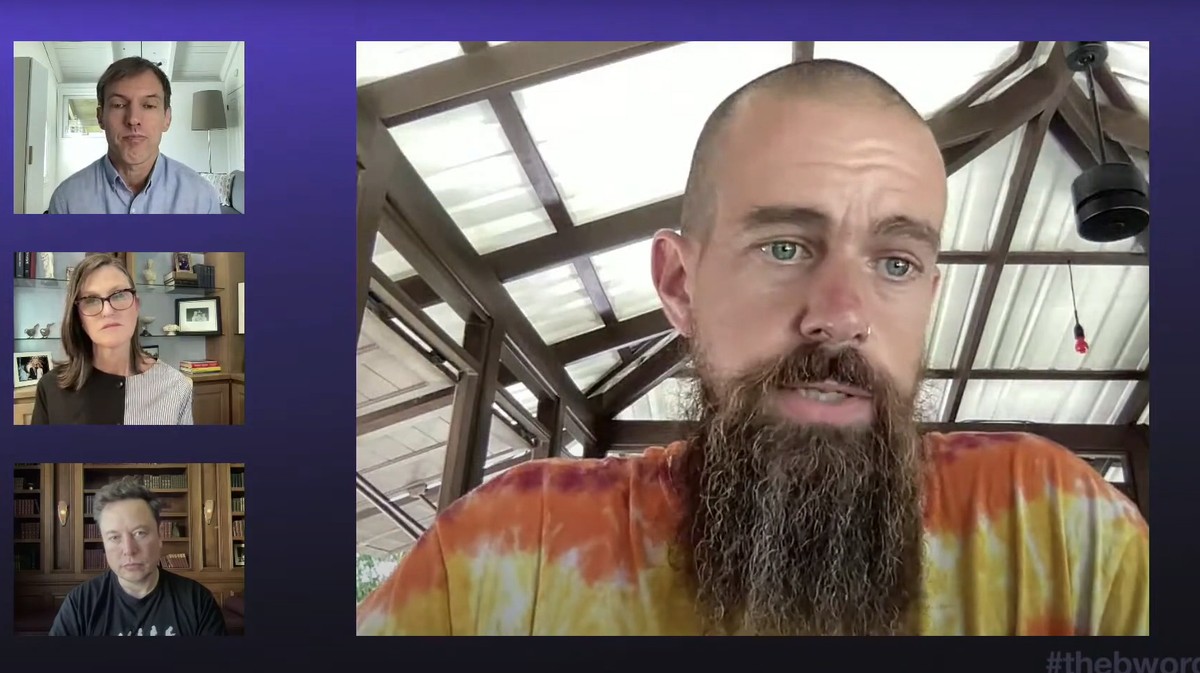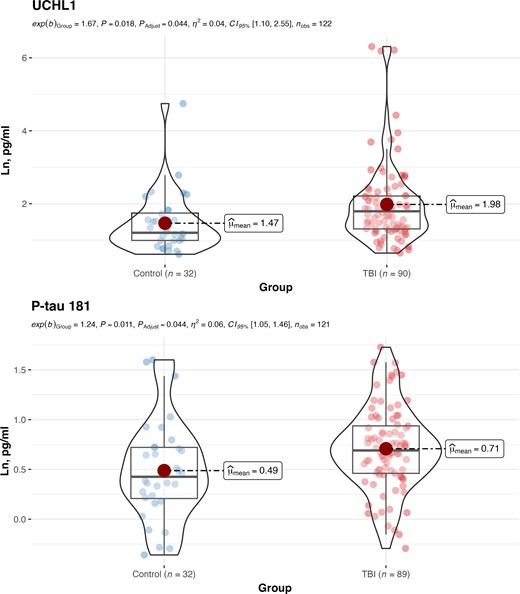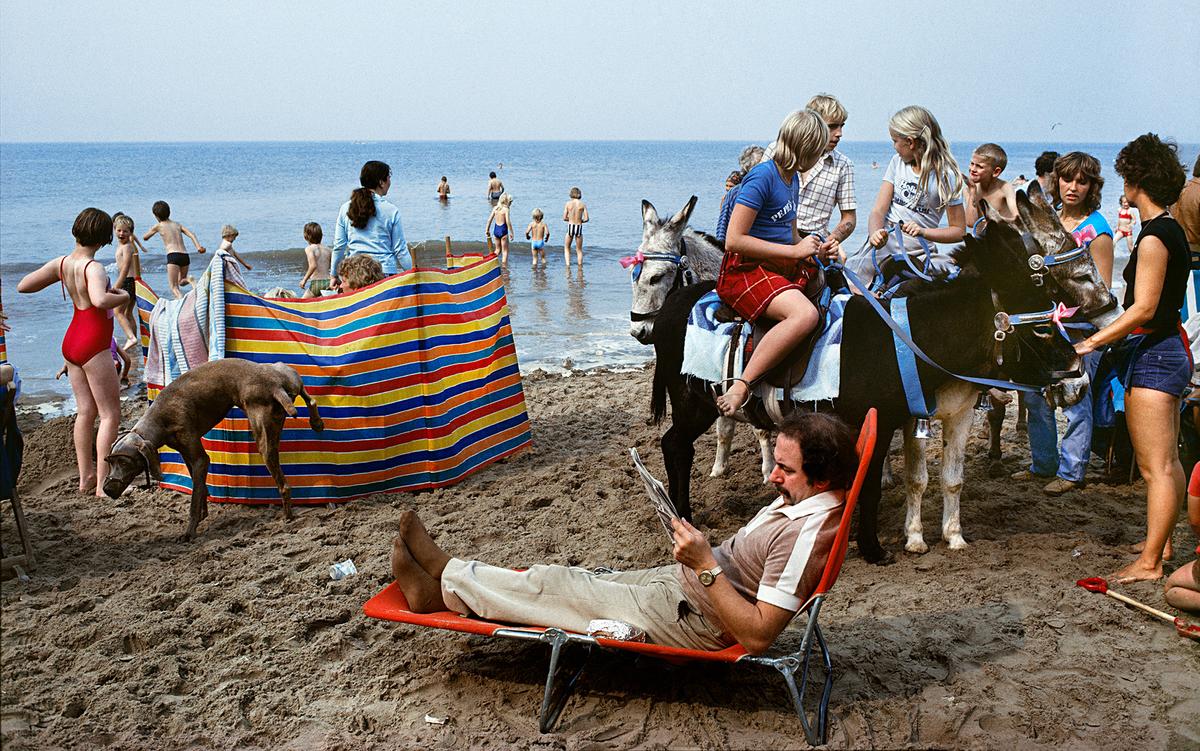
Malcolm Gladwell Holds His Ideas Loosely. He Thinks You Should, Too.
As he releases “Revenge of The Tipping Point,” the best-selling journalist talks about broken windows theory, Joe Rogan and changing his mind.
Malcolm Gladwell, the best-selling author, has an office on a quiet street in Hudson, N.Y., where he sits at a desk under a poster of Mao Zedong, the former communist leader of China. Why? Maybe to signal how ideas can be dangerous? Nope, no particular reason. There are two other Chinese communist posters on the wall, too. “I found them online for like $10,” said Mr. Gladwell, 61. “I just think it’s funny.”
Mr. Gladwell, who has spent his career steeped in ideas and translating social science research into everyday usefulness, says he doesn’t take his own ideas too seriously. But others do. His first book, “The Tipping Point,” became a sensation when it was released in 2000. The book explained how something ordinary — whether a shoe (Hush Puppies loafers), a behavior (theft) or an idea (“the British are coming”) — spreads so wide that it becomes an epidemic. Business mavens, political leaders and ordinary strivers in both those fields treated it like a Bible, mining it for insights on how to make their own products and pitches spread. Today, business schools have named leadership programs after Mr. Gladwell’s work, and many entrepreneurs cite his famous rule that true achievement has a cost: 10,000 hours of practice.
In October, he is releasing a new book, “Revenge of The Tipping Point.” Mr. Gladwell feels that “The Tipping Point” became wildly popular because it matched the optimism of the late 1990s; it mapped how to create positive change at a moment of positive potential, with the Cold War over and crime declining. (The book promoted the “broken windows” theory of policing, which suggested that the way to prevent major crimes was to strictly police petty ones, a notion that gave rise to policing practices now viewed by many as discriminatory.)






.jpg)











